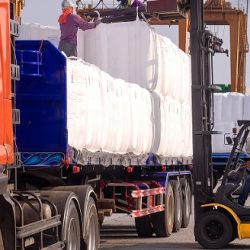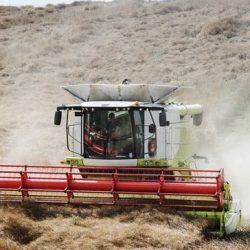Cape Town, South Africa – South Africa’s agricultural sector is undergoing a quiet but powerful transformation, with a growing number of women at the helm of innovative and successful farming ventures. Despite significant systemic barriers, these female entrepreneurs are driving economic growth, creating jobs, and bolstering food security.
Agriculture Minister John Steenhuisen acknowledged this trend, stating that women in agriculture “deserve more than applause. They deserve land, markets and real support.” His remarks highlight a government push to empower women beyond ceremonial recognition, particularly during Women’s Month in August.
Historically, the image of a farmer in South Africa has been male-dominated, but a new wave of female leaders is challenging that stereotype. For instance, Kaweng Kedibonye Ellen of the Northern Cape started with just a few animals in 2013 and has since built a diverse operation, Kubu Kwena Farming, that employs six people.
Similarly, Siphesihle Kwetana in Mthatha has scaled her business, Siphe Development and Capacitation Agency, to produce over 280,000 seedlings weekly, supplying major retailers such as Pick n Pay and Spar. Her business not only provides jobs for over 30 people but also actively supports local communities.
This rise in female leadership isn’t limited to traditional farming. Tryphina Mosomane of Polokwane has created a food processing business, TM Foods, from her garage, now supplying 18 retailers and employing 11 people. In Stellenbosch, winemaker Carmen Stevens built a successful business and a foundation that feeds 25,000 schoolchildren.
These success stories underscore the critical role that women play in the agricultural value chain. The government’s commitment to supporting them is reflected in programs like the Casp and Ilima/Letsema initiatives, which provide crucial support, from production inputs to market access. The goal is to ensure that women who acquire land are given the tools, networks, and opportunities to thrive, ultimately building a more inclusive economy.
The growing influence of women in agriculture is a testament to their resilience and business acumen. By providing them with the necessary resources and support, South Africa can harness this potential to drive sustainable development and ensure a more secure food future for all.




